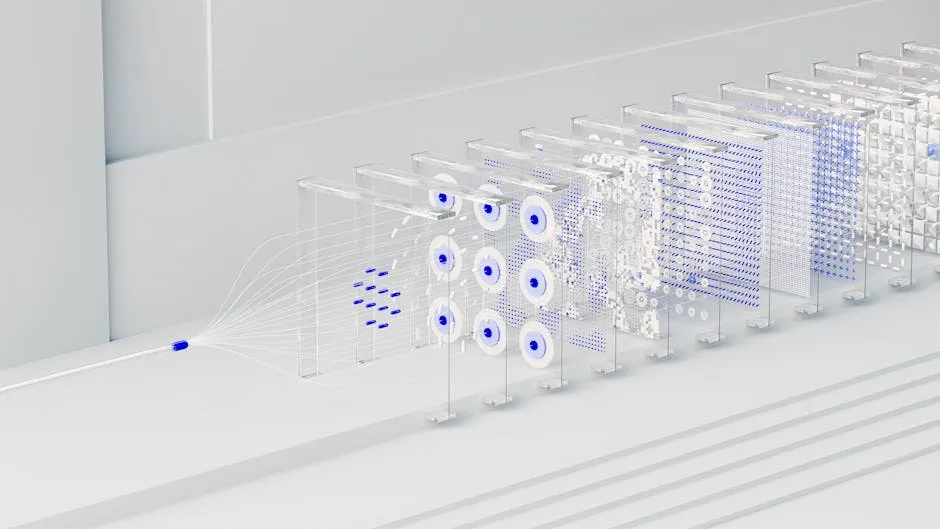OpenAI’s Ambitious Vision: A Legitimate AI Researcher by 2028
As we look towards the future of artificial intelligence, OpenAI is setting its sights on an ambitious goal: by 2028, the organization aims to develop what they describe as a “legitimate AI researcher.” This statement, made by OpenAI’s CEO Sam Altman, underscores the organization’s commitment to pushing the boundaries of AI technology and research. But what does this mean for the future of AI and how does OpenAI plan to achieve such a monumental task?
The Path Forward: Key Strategies
In pursuit of this groundbreaking objective, OpenAI is relying on two crucial strategies: continued algorithmic innovation and a significant increase in “test time compute.” But what do these strategies entail, and how will they contribute to the development of a legitimate AI researcher?
1. Algorithmic Innovation
Algorithmic innovation refers to the continuous improvement of AI algorithms that drive the functionality of AI systems. This includes refining existing models and creating new ones that can tackle increasingly complex problems. OpenAI is at the forefront of this innovation, constantly seeking ways to enhance the capabilities of its models. By developing more sophisticated algorithms, the organization aims to create AI that can think, reason, and learn in ways that mimic human researchers.
2. Scaling Up Test Time Compute
The second strategy revolves around dramatically increasing “test time compute.” Essentially, this means providing AI models with more resources and time to analyze and solve problems. Just as human researchers need time to think through their experiments and analyses, AI models also benefit from extended periods of computation. By allowing models to dedicate more “thinking” time to problem-solving, OpenAI believes they can achieve a higher level of performance, ultimately leading to the development of an AI that can conduct research independently.
The Implications of a Legitimate AI Researcher
Achieving the goal of a legitimate AI researcher could revolutionize various fields, from scientific discovery to technological innovation. An AI with research capabilities could analyze vast amounts of data, identify patterns, and propose solutions at a speed and scale beyond human capabilities. This could lead to breakthroughs in healthcare, climate change, engineering, and more.
However, the development of such advanced AI also raises ethical questions and challenges. As AI systems become more capable, it is crucial to address concerns about safety, bias, and the implications of autonomous decision-making in research. OpenAI is aware of these challenges and is committed to ensuring that their advancements in AI are aligned with ethical standards.
Looking Ahead
As we approach 2028, the journey to creating a legitimate AI researcher is laden with both excitement and responsibility. OpenAI’s commitment to algorithmic innovation and increased computational resources is a promising step toward realizing this vision. The implications of such advancements could reshape our understanding of AI and its role in society.
While the future is uncertain, one thing is clear: OpenAI is not just dreaming about what AI can achieve; they are actively working towards making it a reality. As we witness the evolution of AI, it will be fascinating to see how these strategies unfold and what they mean for the future of technology and research.
